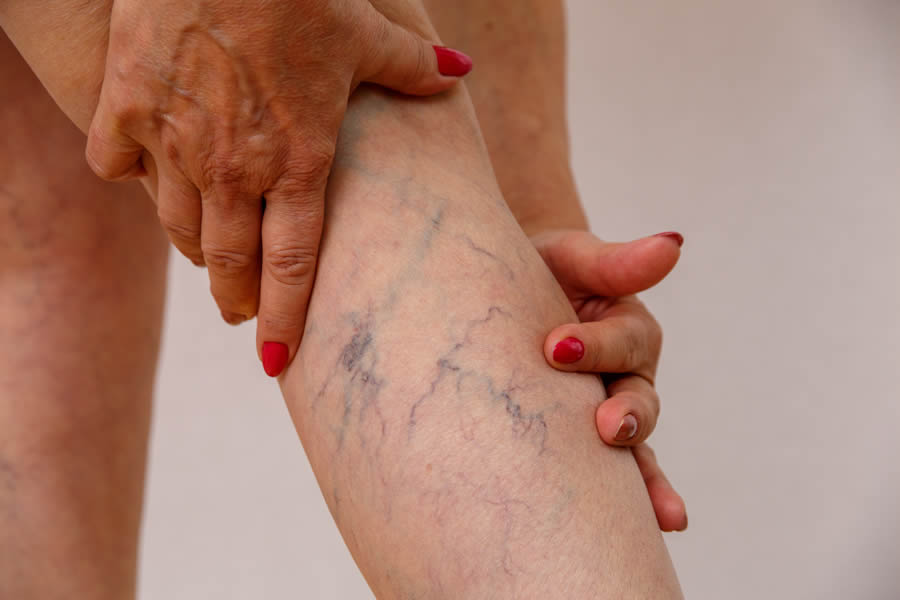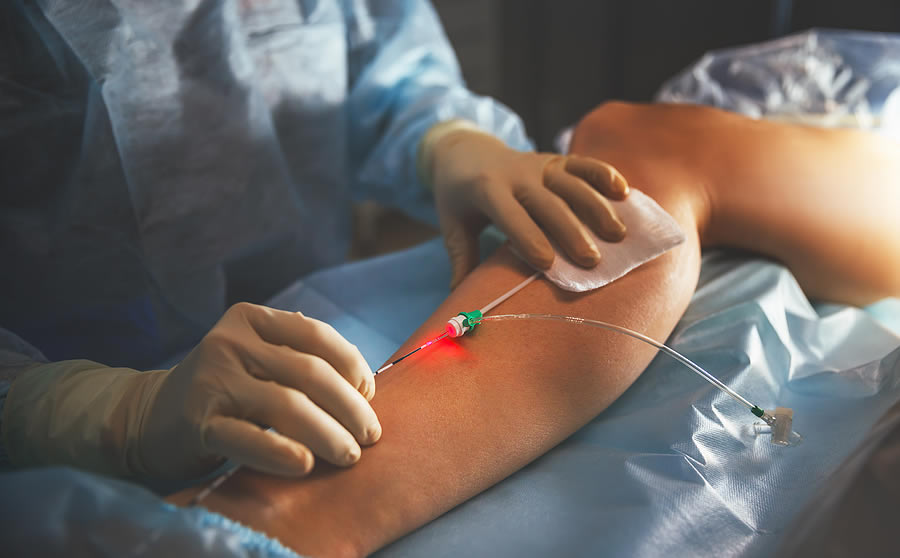Menu
- Home
- Treatments
- Our Providers
- About Us
- Patient Info
- Testimonials
- Locations
- Blog
- Financing
- Contact Us
- Home
- Treatments
- Our Providers
- About Us
- Patient Info
- Testimonials
- Locations
- Blog
- Financing
- Contact Us

Varicose veins are enlarged, twisted veins, typically appearing in the legs. They can indicate venous insufficiency, where veins struggle to circulate blood back to the heart. This condition can lead to discomfort and, in some cases, more serious health concerns. Recognizing the importance of both treating and understanding varicose veins is important for maintaining vascular health. At National Vascular Associates, we offer a wide selection of premium services for our clients including varicose vein treatment and varicose vein surgery. Read below to learn more about your options.
Varicose veins develop when the small valves inside the veins fail to function properly. In a healthy vein, these valves open and close to assist the return of blood to the heart. When these valves are weakened or damaged, blood can pool in the veins, causing them to enlarge and become varicose. Several factors can increase the risk of developing varicose veins. Genetics plays a major role, so if your family members have varicose veins, your risk of developing them is higher. Age is another factor, as veins lose elasticity and valve functionality over time. Women are more likely to develop varicose veins due to hormonal changes during pregnancy, pre-menstruation, and menopause. Other contributing factors include prolonged standing or sitting, obesity, and a lack of physical activity.

Early detection of varicose veins can lead to more effective treatment. Symptoms often include visible, enlarged veins that are blue or dark purple. These veins might appear twisted and bulging, often likened to cords on your legs, but varicose veins are not always visible. Other symptoms include aching legs, swelling in the lower legs, muscle cramps in your legs, particularly at night, and dry, itchy, and thin skin over the affected vein. If you experience these symptoms, it’s important to consult a varicose vein doctor for a proper evaluation.
Treatment for varicose veins has evolved significantly, offering various options customized to each patient's needs. The goal of treatment is not only to alleviate symptoms but also to prevent complications and improve appearance. Lifestyle changes are often the first step in managing varicose veins. These include regular exercise, maintaining a healthy weight, elevating the legs, and avoiding prolonged standing or sitting. Medical varicose veins treatments range from conservative methods, like compression stockings, to more advanced procedures and varicose vein surgery. Sclerotherapy, for example, involves injecting a solution directly into the vein, causing it to scar and blood to reroute through healthier veins. Laser surgeries, using light energy to seal off damaged veins, and catheter-based procedures, where a thin tube is inserted into the vein and heat is used to collapse it, are also effective. In some cases, surgery may be required. This could involve tying off a vein before it joins a deep vein and removing the vein through small incisions. Choosing the right treatment option depends on various factors, including the severity of the condition, the patient's overall health, and personal preferences.
At National Vascular Associates, we offer a wide range of treatment options tailored to each patient’s specific needs. Our team of experts is dedicated to providing the best care, helping you not only improve the appearance of your veins but also enhance your overall vascular health. If you need varicose veins treatment, contact our office for more information or to schedule a consultation.